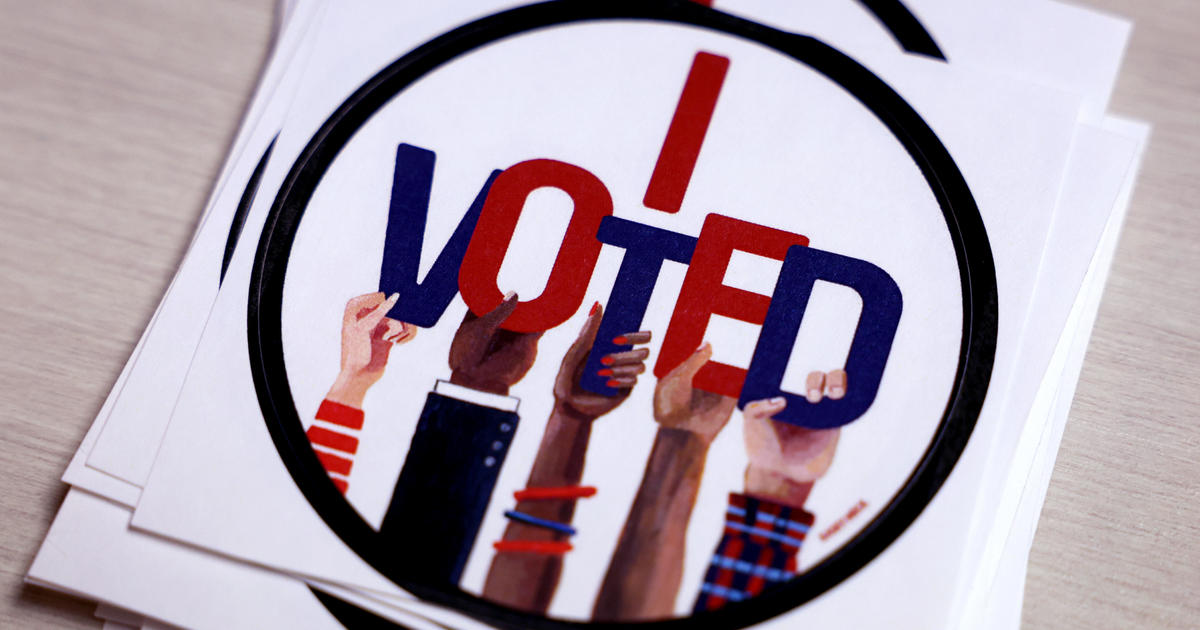In the upcoming presidential election, twenty-six-year-old Anais Lopez, a California voter, is preparing to cast her ballot for the third time. However, despite her commitment to participate in the democratic process, Lopez expresses concerns about the lack of representation and engagement of young Latinos in the political sphere. She feels that the voices of young Latinos are often overlooked and marginalized by political campaigns, despite efforts from both Republican and Democratic groups to increase outreach to the Latino community in recent election cycles.
Lopez is just one of nearly 12 million Latinos under the age of 30 who are eligible to vote in the upcoming election in November. She emphasizes the diversity within the Latino community and laments the tendency to generalize and stereotype young Latinos as a monolithic group. This sentiment is echoed by many young Latinos who feel that their concerns and perspectives are not adequately represented in the political discourse.
Data from the 2020 election reveals that only 34% of Hispanic individuals aged 18-24 reported voting, compared to 48% of all individuals in the same age group. This disparity underscores the challenges that young Latinos face in engaging with the electoral process and highlights the need for increased efforts to mobilize and empower this demographic. Organizations like UnidosUS, a Hispanic civil rights and advocacy group, are working to encourage first-time Hispanic voters to participate in the upcoming election, recognizing the potential impact of Latino turnout on electoral outcomes.
Certain states, such as New Mexico and Arizona, have a significant Latino population that could sway election results. In New Mexico, 45% of eligible voters are Latino, making them the largest plurality of any racial group in the state. Similarly, in Arizona, 25% of eligible voters are Latino, indicating the potential influence of Latino voters in shaping electoral outcomes. Candidates and advocacy groups are focusing on Latino outreach in these states, recognizing the importance of engaging with this demographic to secure electoral success.
The Latino Community Foundation (LCF), a California-based non-profit organization, is dedicated to increasing Latino political participation and supporting Latino-led initiatives. The foundation has expanded its efforts into Arizona, investing in local non-profits to mobilize Latino voters in competitive districts. Christian Arana, the vice president for civic power and policy at LCF, emphasizes the importance of empowering Latino voters and educating them on the significance of their vote in shaping policies that impact their lives.
Arana underscores the potential influence of Latino voters in determining election outcomes, particularly in tight races where every vote counts. By mobilizing and engaging with Latino communities, organizations like LCF hope to demonstrate the power of the Latino electorate in shaping political decisions and policies. Arana emphasizes the importance of giving Latino voters a compelling reason to participate in the electoral process and highlights the impact that their collective voice can have on shaping the future of their communities.
In Arizona, two battleground races have emerged as critical contests that could be decided by Latino voters. In the 1st and 6th Congressional Districts, Latino voters could play a decisive role in shaping the outcome of the election. With both seats currently held by Republicans, these races represent an opportunity for Latino voters to influence the composition of the congressional delegation and advocate for policies that reflect their interests and priorities.
In the 6th District of Arizona, Rep. Juan Ciscomani narrowly won against his Democratic opponent in the previous election, highlighting the competitive nature of the district. As the upcoming primaries approach, the Latino electorate in Arizona has the opportunity to make their voices heard and impact the outcome of key races that will shape the political landscape of the state.
Overall, the challenges and opportunities facing young Latino voters in the upcoming election underscore the importance of engaging with and empowering this diverse demographic. By recognizing the distinct perspectives and priorities of young Latinos and providing them with the resources and support they need to participate in the electoral process, political campaigns and advocacy groups can ensure that the voices of young Latinos are heard and represented in the democratic process. As the election approaches, the mobilization of Latino voters will be essential in shaping the future of American politics and advancing the interests of the Latino community.









